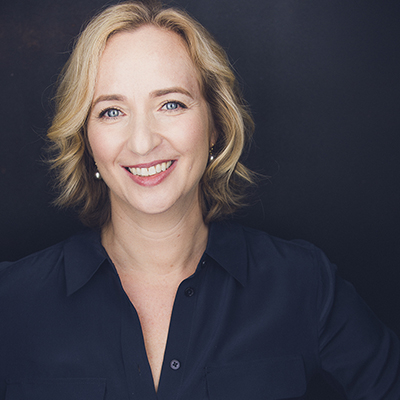I spent those minutes panicking over how much it was going to cost. I felt so vulnerable; I needed this service. It was the only way I could get home. And given my desperation and late hour, he could charge almost any amount. After all, prices are set where supply meets demand. I had a very strong, or what we economists call inelastic, demand to get into my home, and there are a limited supply of 24-hour locksmiths. He had all the power.
Or did he? As I waited, I realized I did have some control. If he quoted an astronomical price, I could always decline, get a hotel room and find a lower-priced locksmith during normal business hours when I had more market power. I calculated what my walk-away price was, which was roughly the cost of a hotel, the value I put on the convenience and comfort of getting into my home that night, and the cost of a daytime locksmith. If the locksmith quoted me a higher price than that number, I'd walk.
Thankfully, the locksmith quoted a high, but not outrageous number, below my walk-away price. It turns out my demand was not so inelastic and he knew it, or maybe he just didn't want to take advantage. The experience illustrated how pricing power has evolved, and it offers some insight into how this latest bout of inflation may play out differently than before.
We've all been there. Maybe not being locked out of our home or car, but there have been times when we desperately needed something and there was a limited supply of it. It is happening a lot more lately. New York, where I live, and other states have anti-gouging laws that aim to prevent customers from getting ripped off when they're desperate. It's supposed to protect consumers.
But as an economist, I tend to be pro-gouge. Often, high-price mark-ups are what prevent shortages or underground markets from popping up to charge even higher prices. During the early pandemic days some small businesses worked extra hard to procure personal protective equipment and were slapped with fines for charging higher prices. Next time they may not bother, and that means less PPE for everyone.
That emergency has passed, PPE is now plentiful. But consumers face a new challenge: an economy plagued with other shortages and rising prices that most of us aren't used to. Historically, one of the costs of inflation is the uncertainty it creates, which means sellers increase prices and no one knows if that is a valid new price or just an opportunity to mark it up. Similar to the 1970s, we're hearing many accusations that merchants are marking up prices just to take advantage of consumers in a confusing moment.
But the world has changed now, and price gouging is harder to get away with. I had more power than I would have had 20 years ago because I could price hotels on my phone. As consumers we are all more empowered. If you go to Target and see a high price for the latest toy of the season, you can check on Amazon.com to see if other vendors have it in stock and what they're charging. You can also use apps to compare gasoline prices in your neighborhood, which helps offset some of the increases.
Technology like this is one reason why there's been so much deflationary pressure in the last few decades. Odds are today's inflation would be even higher without our ability to comparison shop. It also means inflation today is less likely to reflect gouging, and it may not get to the double digit levels we've seen in the past.
Not only can we shop around, we also have more possibilities for substitution. Take the recent story about a New York woman who had a car reservation that Hertz didn't honor. She was also in a desperate spot: she needed to drive to western New York for Thanksgiving and the only car offered cost $1,800.
There was a time she'd be stuck, but she had options. Even if there were no cars in New York, she might have hired an uber or black car to take her to her upstate destination for about $1,000 (assuming the 6-hour drive she estimated), and then rented a car there for cheaper to go home. Still an expensive option, but probably cheaper than what Hertz was offering (she eventually found a defective economy car for $943).
How consumers find substitutes when the price of one good goes up is an important part of inflation measurement and dynamics. It can be controversial, since inflation indices account for substitution differently and how they're measured can make a big difference. But this may be less of an issue today because technology makes it easier to find close substitutes.
Shortages and rising prices are a new experience for many Americans. There are still situations where we face inelastic demand, but fewer goods - even an emergency locksmith - are truly inelastic anymore. You can take this as a small comfort as we deal with rising prices.
(COMMENT, BELOW)
Allison Schrager is a senior fellow at the Manhattan Institute and a contributing editor of City Journal.
Previously:
• The Biden administration's plans to double the tax rate on capital gains will prove costly to all Americans, not just the wealthy
• WARNING: Feel Good Now --- Pay Later: Stimulus is crammed with goodies but makes no economic sense
• The 'Stakeholder' Fallacy: Joe Biden's vision of capitalism is a recipe for failure


 Contact The Editor
Contact The Editor
 Articles By This Author
Articles By This Author